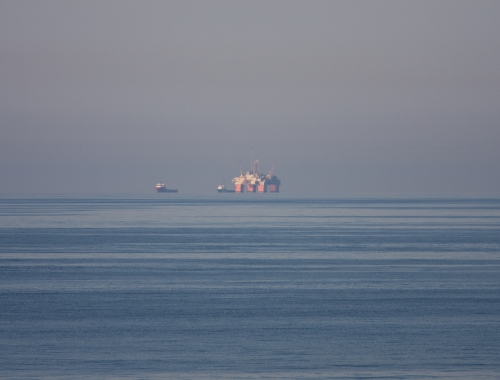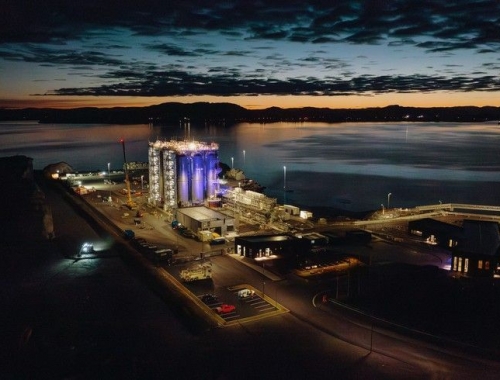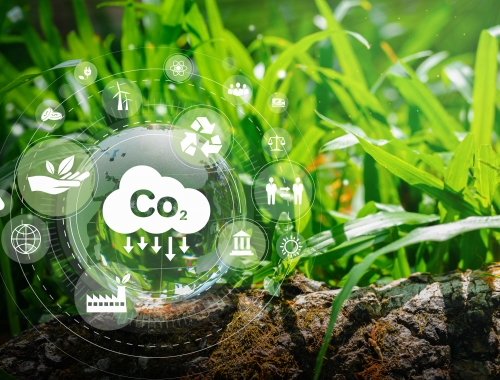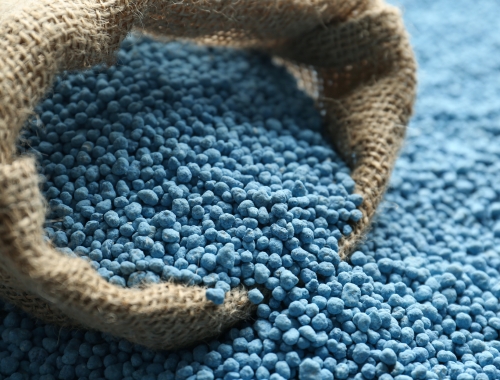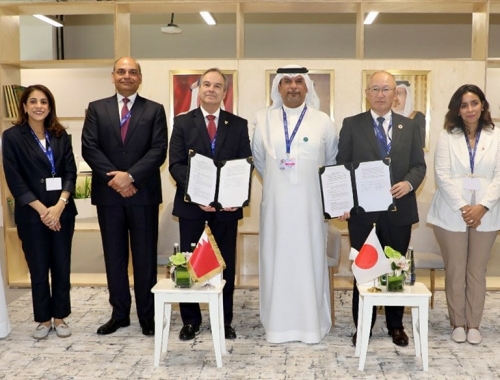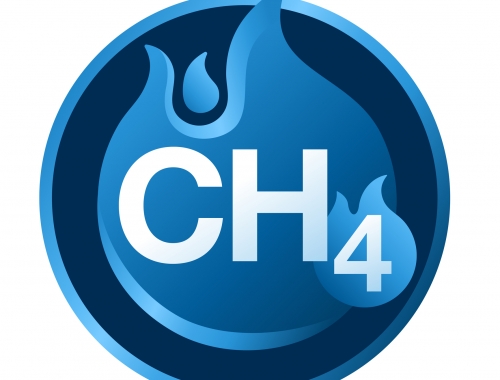Equinor awarded North Sea, Barents Sea storage licences
SUMMARY
Two developments could store more than 20mn mt/yr of CO2. [Image credit: Equinor]
By Dale LunanPOSTED IN:
Norwegian major Equinor said April 5 it had been awarded operatorship of two CO2 storage development licences in the North Sea and Barents Sea.
The two licences, Smeaheia and Polaris, respectively, were awarded by Norway’s ministry of petroleum energy as building blocks for developing the Norwegian continental shelf as a leading site for carbon capture and storage (CCS) deployment.
“We are now building on more than 25 years of experience from CO2 capture and storage on the Norwegian continental shelf and we regard the award as an important milestone in the work to make the Norwegian continental shelf a leading province in Europe for CO2 storage,” Equinor executive vice president Irene Rummelhoff said. “We see that demand for CO2 storage is increasing in several countries, and we want to get started with developing new CO2 storages quickly, so that we can offer industrial solutions that can contribute to decarbonisation in Europe.”
Equinor says Smeaheia will be developed to provide 20mn mt/yr of CO2 storage capacity. That compares to Northern Lights, the CO2 storage component of the Longship project, which would inject 1.5mn mt/yr in its first phase, starting in 2024, and ramp that to 5-6mn mt/yr from around 2026.
Polaris, meanwhile, is a key component of Equinor’s Barents Blue project to produce blue ammonia from North Sea natural gas. The first stage of Polaris would capture and store about 2mn mt/yr of CO2.
Through both projects, Equinor wants to contribute to CO2 reductions equivalent to half of Norway’s annual emissions and has ambitions to develop additional storage sites in the North Sea that would spur the development of open-access, pipeline-based infrastructure to support “substantial” CCS cost reductions.
“We are pleased that Norwegian authorities have made storage areas available with basis in commercial industries,” Rummelhoff said. “Rapid scale-up of CO2 storage at Smeaheia is essential to meet the interest and need for this type of service and to ensure storage needs from low-carbon projects in Norway.”

